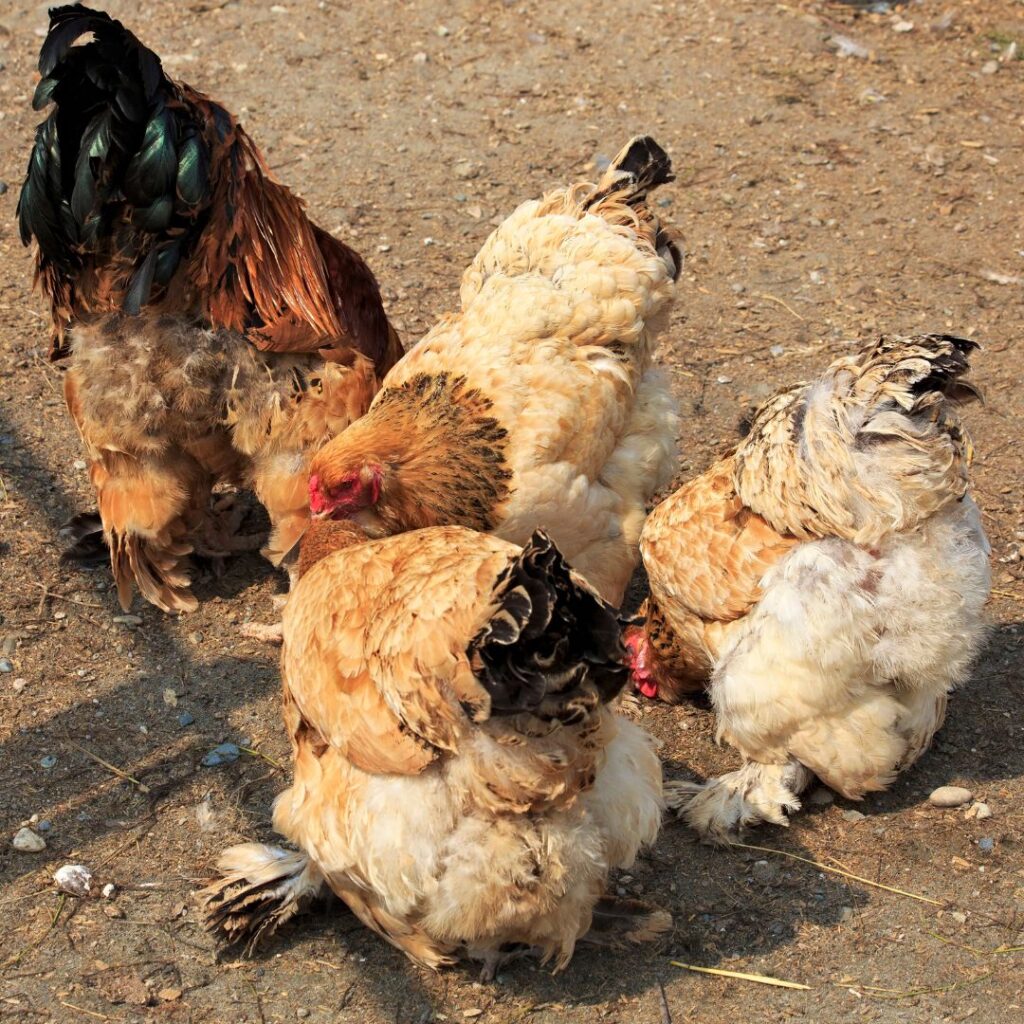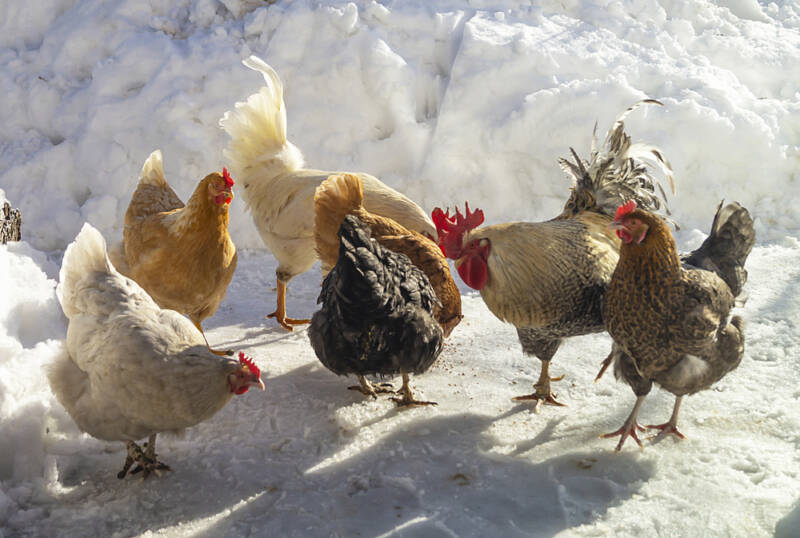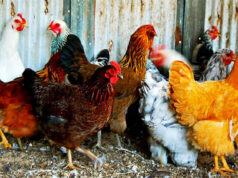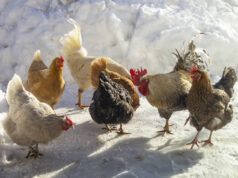Are you delighted to start your adventure in chicken care? This comprehensive guide will provide you with all the information you need. Raising chickens at home can be a rewarding experience, whether for eggs or as pets. Let’s explore everything from setting up a coop to maintaining the health of your flock.

The Importance of Proper Chicken Care
Before diving into the practical aspects, it’s crucial to understand the why behind proper chicken care. Healthy chickens provide nutritious eggs, natural pest control, and even garden fertilizer. Ensuring your birds are well-cared-for is vital for their health and well-being.

Setting Up a Chicken Coop
Choosing the Right Size
One of the first steps in chicken care for beginners is setting up an appropriately sized coop. Each chicken needs about 3-4 square feet of space inside the coop and 10-15 square feet in the run.
Essential Features of a Good Coop
Your coop should have adequate ventilation, nesting boxes, and roosting perches. Ventilation helps minimize ammonia buildup, while nesting boxes provide a comfortable space for hens to lay eggs.

Feeding Your Chickens
Understanding Chicken Nutrition
Chickens require a balanced diet to stay healthy. Layer feed is essential for hens that are laying eggs, while grower feed is better for younger birds.
Supplements and Treats
In addition to their regular diet, chickens benefit from supplements like oyster shells for calcium and grit for digestion. Treats should be given sparingly to avoid disrupting their nutritional balance.

Health and Wellness
Common Health Issues
Being aware of potential health issues can help in early diagnosis and treatment. Chicken disease symptom can vary, but common ones include respiratory problems and parasitic infections.
Marek’s Disease
Marek’s Disease is a widespread issue among chickens. Early symptoms can be subtle, but recognizing them early is crucial. For more detailed information, visit this external resource.
Maintaining Your Coop
Regular Cleaning
Keeping the coop clean is essential for preventing diseases. Weekly cleaning of the coop and daily removal of chicken droppings can create a healthier environment.
Deep Litter Method
This method involves adding layers of bedding material which composts over time, providing natural heat during colder months. It also reduces cleaning frequency.
Breeding Chickens
Choosing the Right Breeds
For beginners, hardy breeds like the Rhode Island Red or Plymouth Rock are recommended. They are known for their robustness and good egg production.
Incubation and Hatching
If you’re interested in breeding, understanding the incubation process is key. Maintaining the correct temperature and humidity levels is crucial for successful hatching.
FAQs
What’s the best feed for egg-laying hens?
Layer feed is specifically formulated to meet the nutritional needs of egg-laying hens, providing the right balance of protein and calcium.
Can chickens live with other pets?
Chickens can coexist with pets like dogs and cats, but it’s essential to introduce them slowly and monitor their interactions.
What are some signs of a sick chicken?
If your chicken seems lethargic, has a change in appetite, or shows respiratory symptoms, they may be ill. Consult a veterinarian for an accurate diagnosis.
For further insights into chicken health, visit these guides on symptoms and Marek’s disease.
As an Amazon Associate, I earn from qualifying purchases.










